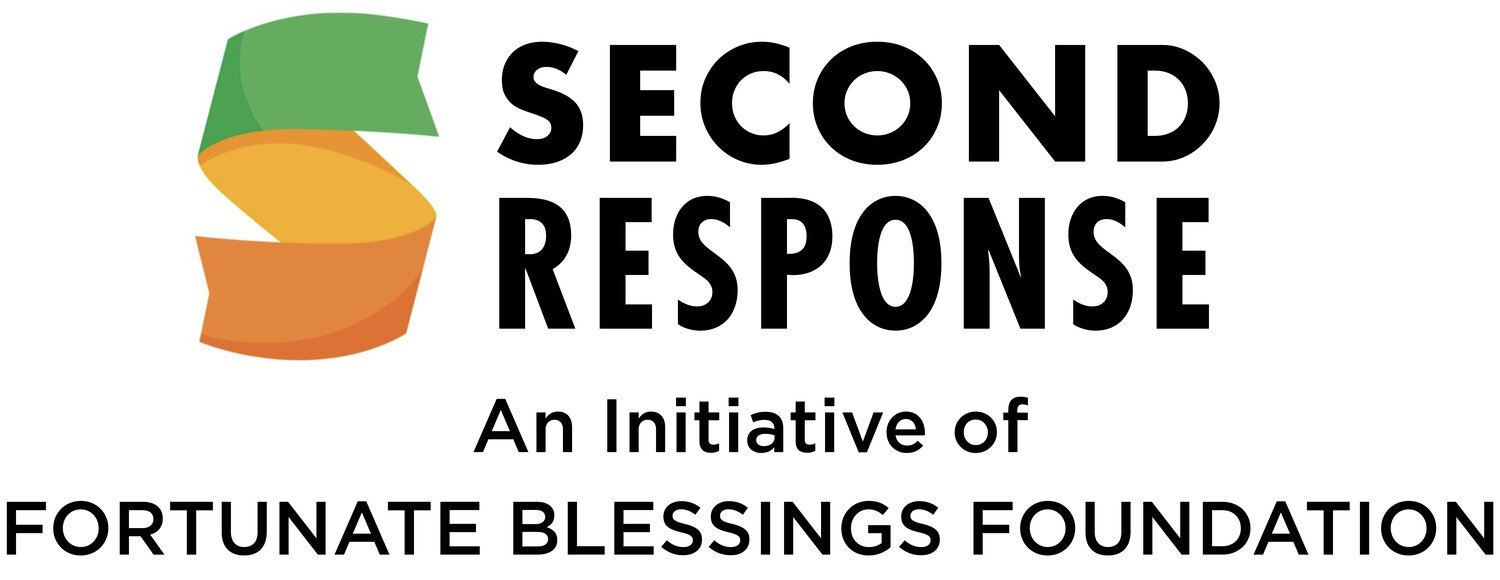On September 15th, Hungary’s construction of a 13-foot-high fence along its Serbian border forced refugees fleeing Syria to re-route through Croatia. On September 20th, the U.N. quickly established a refugee camp at Opatovac, Croatia with a capacity to temporarily shelter 5,000 refugees trying to get to Western Europe. The space required for that many cots would take up six football fields; however, more than 85,000 migrants have now entered Croatia since September 15th, when Hungary erected that fence and more are arriving every day. Try to visualize instead an area that would cover 100 football fields instead of just six — and that’s just for the area needed for the cots.
With Hungary’s border closed, tens of thousands of refugees are now corraled in a UNCHR (United Nations Commission on Human Rights) facility at the margins of Croatia — an already struggling Balkan nation of 4.2 million, swelling roads near its border as relief workers and government agencies attempt to improve the situation and journalists race to cover the story.
Yesterday’s constant rain inflicted misery all around. Aid workers handed out dry clothes and described their horror at seeing infants soaked to the skin through layer after layer of wet clothes. Refugees are sleeping out in the open, and temperatures are dropping.
For months now, I have listened with shock and a feeling of helplessness to the news of the plight of refugees from Syria flooding the European borders. This tragedy has a cause we won’t soon resolve, and although this crisis is merely a symptom of a senseless war, I am even more motivated to do something beyond reading the news while I wonder what will happen next. This crisis is already an unprecedented exodus and requires an “outside the box” intervention that can support everyone on the ground.
In two weeks, Second Response will have an opportunity to directly reach some of our nameless brothers and sisters who are now living through this horrific trauma – but to do so we need support. With it, my eldest son Jonah and I will first be conducting a PLAYshop training at the International Macrobiotic Convention in Zagreb attended by delegates from all over Europe. Following that, we expect the Croatian Ministry of Social Policy and Youth to help us get to Opatovac on October 14th and 15th where we can offer our support to the refugees — especially the children – and train the UNICEF staff, Croatian Red Cross responders, and other


